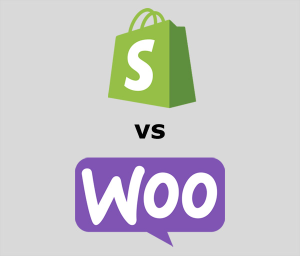Syncing Between WooCommerce Websites and Stores
Syncing Products Between WooCommerce Stores
-
Use WooCommerce Extensions
- WooCommerce REST API
WooCommerce provides a REST API that allows you to programmatically manage product data between stores. You can create, update, or delete products using API requests. - WooCommerce Product CSV Import Suite
This extension allows you to import and export product data via CSV files, which can be useful for syncing between stores.
- WooCommerce REST API
-
Third-Party Plugins
- WooCommerce Multistore
Specifically designed to sync products, orders, and customers between multiple WooCommerce stores. It simplifies managing inventory and pricing across stores. - WP All Import / Export
Offers robust import and export capabilities for WooCommerce products, allowing you to synchronize data across different instances of WooCommerce.
- WooCommerce Multistore
-
Considerations
- Inventory Management
Ensure that inventory levels are synced correctly to prevent overselling. - Product Variations
Handle product variations and attributes consistently across synced stores. - Scheduled Syncs
Set up scheduled syncs to automate the process and maintain data integrity.
- Inventory Management
Syncing Products Between WooCommerce and Other Platforms
-
Third-Party Integrations
- Use plugins or services that specialize in syncing WooCommerce with other platforms like Shopify, Magento, or Amazon.
- Examples include Zapier, which can automate tasks between WooCommerce and hundreds of other apps.
-
API Integration
- Many platforms offer APIs that allow you to integrate and sync product data. You can develop custom scripts or use middleware services to facilitate data transfer.
-
Considerations
- Data Mapping
Ensure that product attributes, categories, and pricing are mapped correctly between platforms. - Order Syncing
If syncing with an external platform, ensure orders are also synced back to WooCommerce for centralized order management.
- Data Mapping
Best Practices for Product Syncing
- Test in a Staging Environment
Always test product syncing processes in a staging environment before deploying to production to avoid errors or data loss. - Backup Data
Regularly back up product data to prevent data loss during syncing operations. - Monitor Sync Processes
Monitor sync processes for errors or discrepancies and implement alerts or notifications for critical issues.
By utilizing WooCommerce extensions, third-party plugins, and API integrations, you can effectively manage product syncing between WooCommerce stores or synchronize product data between WooCommerce and other eCommerce platforms, ensuring consistency and efficiency in managing your online store operations.



